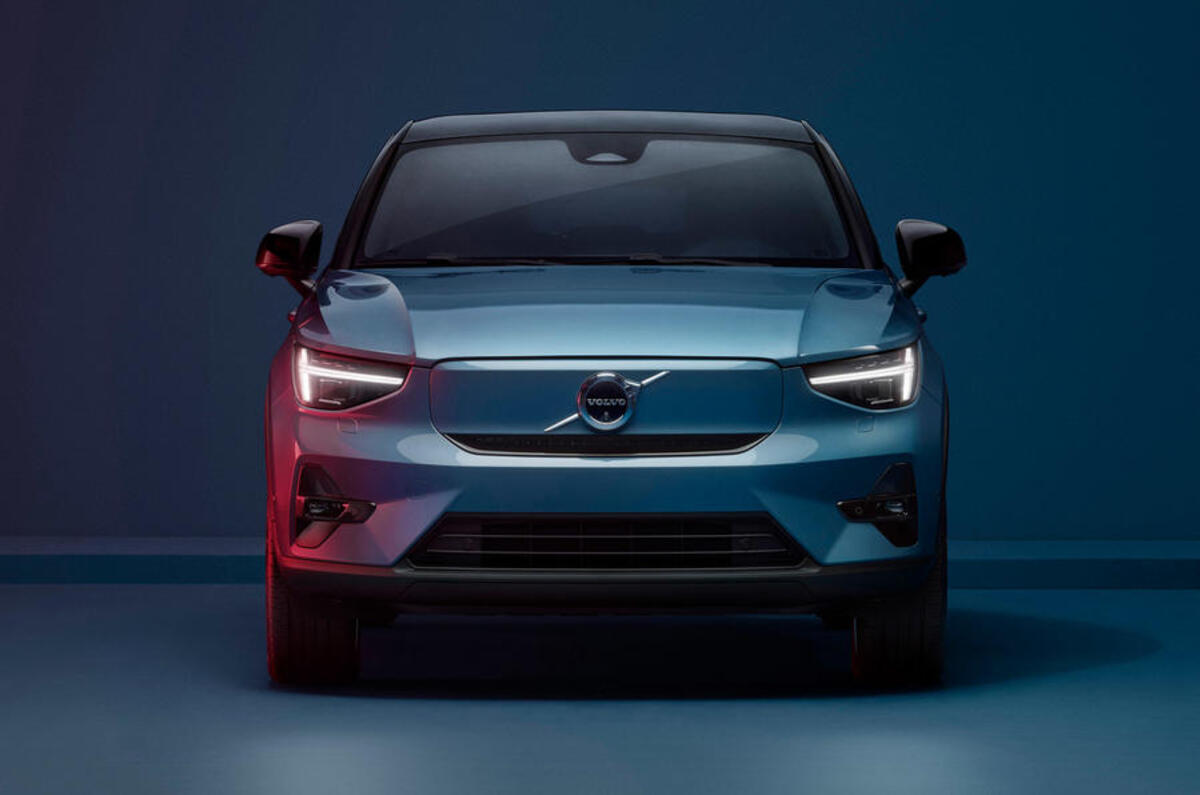Volvo sales fell sharply in the second quarter of 2022 - but it was able to shore up revenues and post an uptick in electrified car demand.
The Swedish marque's latest report lays bare the impact of ongoing industry headwinds – among which it cites "uncertainties in global trade, increasing raw material prices, and supply chain constraints arising out of recent pandemic lockdowns in China".




Join the debate
Add your comment
That's a big fall, but not surprized as their cheapest XC40 is now a whooping 36k, the only BEV is a converted ICE car and there hasn't been a genuine new model for ages, I haven't seen news of a new model on the horizon either.
Polestar might be the problem, should always have been labelled Volvo imho.